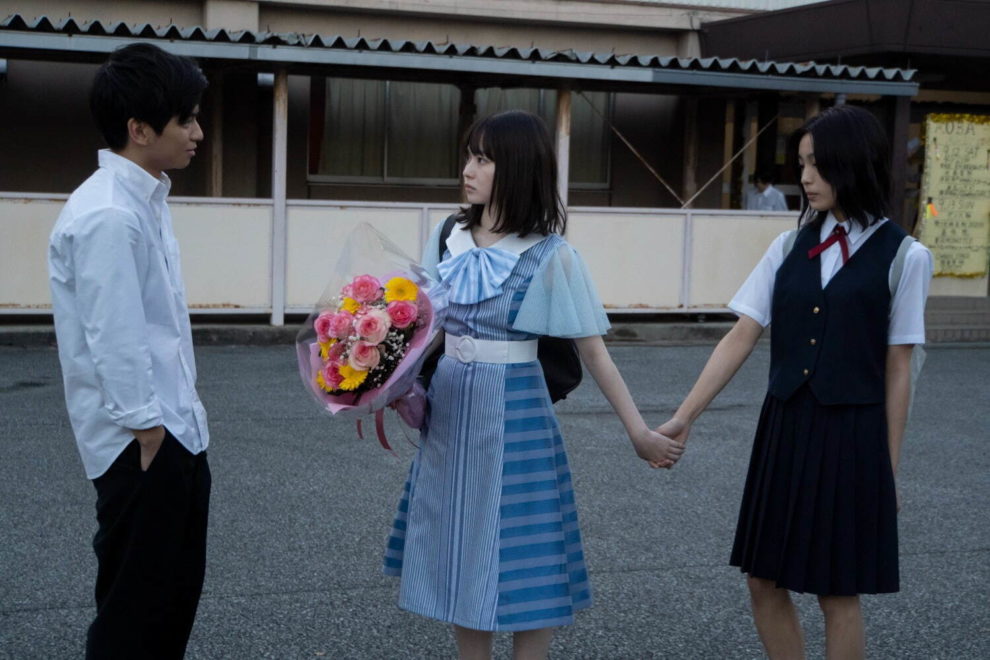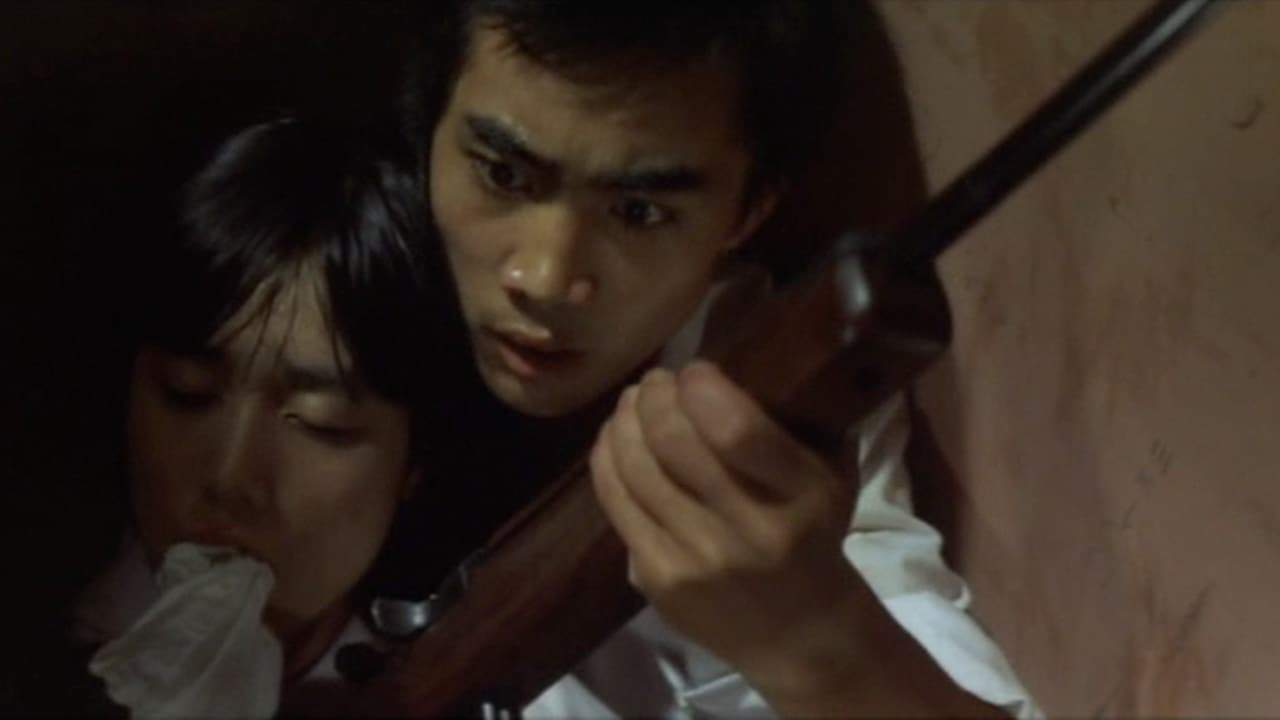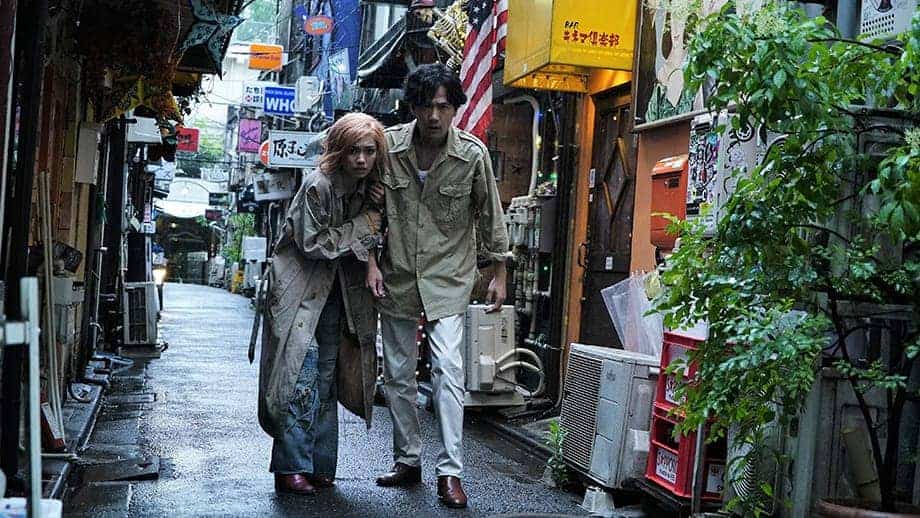PIA Award recipient back in 2016 Rin Shuto has now produced her second feature, based on the novel “Hiraite” by Risa Wataya, a rather complex school drama that deals with a number of social issues.
“Unlock Your Heart” is screening at Nippon Connection
Ai is a 3rd grade high school student. She is beautiful, popular among students, with one classmate being particularly interested in her, and she is also a very good student. However, she has been having a crush on another classmate, Tatoe, since the 1st grade, although he does not seem to pay particular attention to her. One day, she sees him reading a letter, and proceeds on reading it too, in secret, learning that he actually retains a romantic relationship with a girl from another classroom, Miyuki, who suffers from diabetes. Ai decides to get to know the girl better, but things take a series of unexpected turns.
In premise a complicated love triangle between teenagers, “Unlock Your Heart” also manages to present a number of social comments, despite the fact that its story goes a bit too far after a point. Regarding the triangle, the one who emerges as the most complicated persona here is Ai, both for her obsession for probably the one boy who does not want her back, in an almost cliche highschool notion, but even more so in the ways she proceeds on seducing Miyuki, in a fashion that is not exactly clear if she does it for her to break up with Tatoe or for some other reason. Nevertheless, she emerges as a kind of a femme fatale, only to be completely unraveled after a fashion, with the movie becoming a portrait of teenage depression, in a rather eloquent transformation Anna Yamada presents convincingly The confessions that take place between the three, and occasionally other students, are the strongest scenes in the film, as they reveal their true character in a number of ways, while also presenting realistic outcomes. Their chemistry is also excellent in these scenes, with Ryoto Sakuma as Tatoe and Haruka Imou as Miyuki being quite convincing in their mostly laconic performances.

At the same time, through the story of the three protagonists, Rin Shuto also makes an accusation towards the previous generation and parenthood in general, with Ai's mother essentially being clueless about who her daughter is or what she feels, and Tatoe's situation being even worse. On the other hand, and in contrast to the usual approach to such remarks, Shuto also shows that not all parents are like that, with Miyuki's being an exception, even if the lack of a father on her side seems to move in the same direction. The same accusation is directed at school, with the teachers being even more clueless about what is happening with their students. Lastly, the whole concept of getting into a good university in order to get a good job later on is also presented here, highlighting the pressure students feel in order to achieve just that, while being juxtaposed with the “tribes” that exist in every school environment, adding a different kind of pressure.
Both the love story and the social comments are well presented in individual terms, but the truth is that, as a whole, the movie moves a bit too far, particularly close to the end, when the focus turns on Taito and Ai begins to unravel. A number of elements here seem disconnected from the narrative that far, while the lagging that seems to be present in most Japanese movies lately is present once more, unnecessarily extending the duration to 120 minutes. The pace of the movie is relatively slow, an approach that fits its aesthetics nicely, but when combined with the aforementioned element, it makes the long duration even worse.
On the other hand, the visual presentation is top notch, with DP Hiroshi Iwanaga implementing an approach filled with saturated colors and a somewhat polished imagery, which fits perfectly both the subject and the detachment the protagonists feel from their environment, particularly after a point. Furthermore, the few erotic scenes are rather well shot, highlighting the beauty of the protagonists without sensualizing them in any way, in a truly excellent approach to the particular element.
“Unlock Your Heart” suffers from some of the most usual “ailments” of current Japanese cinema, but the story, the charisma of the protagonists and the visual approach definitely compensate, resulting in a film that is interesting and easy to watch.
















